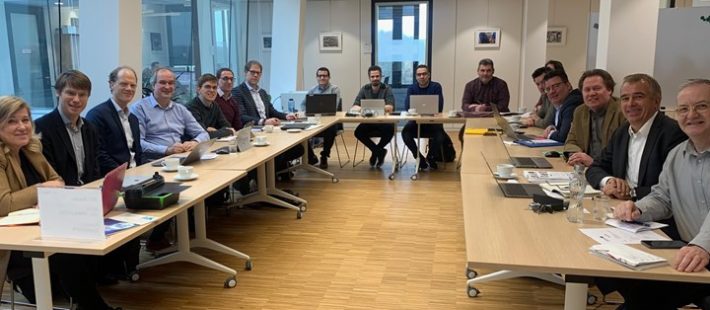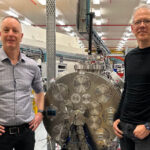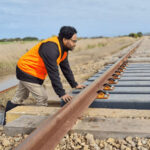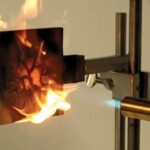Interreg Europe, a European Regional Development Fund with the European Union (EU, Brussels, Belgium), awarded the Interreg Euregio Meuse-Rhine (EMR) region with its new project, AACoMa (Accelerate Advanced Composite Manufacturing).
The AACoMa project focuses on accelerating the advanced manufacturing of composite materials by demonstrating the needed processing technologies in close interaction with companies. New Materials and advanced processing technologies such as additive manufacturing, robotics, virtual engineering, virtual reality and artificial intelligence will be addressed to prove the feasibility of enhancing materials, manufacturing quality and productivity.
Through investments in cross-border projects, the EU has funded the economic development, innovation, territorial development and social inclusion and education of the EMR region, that covers parts of Belgium, Germany, and the Netherlands, through several program periods.
The fifth program period, 2014-2020, includes the AACoMa project and its priorities have potential in an area where the composites sector is very active.
“The AACoMa project will be an important element for trans-border research and will identify new players in the value chain coming from the EMR region,” says Professor Gunnar Seide from the Aachen-Maastricht Institute for Bio-based Materials (AMIBM). “Innovative companies find markets for their new bio-based building blocks, chemicals, and polymers. Their success stories and upcoming technological breakthroughs are needed for a sustainable future.”
Seven partners from the EMR region take part in the AACoMa project: Centexbel, University of Liège, Sirris and Flanders Make, Fontys University of Applied Science, AMIBM of Maastricht University and Advanced Materials Advisory and Consultancy (AMAC).
Then, the project plans to connect 200 SMEs to institutes and technical centers in the EMR region and aims to run for three years, until 2023. The estimated budget to fund the project is around €3 million.
Michael Effing, managing director of AMAC in Germany, said: “We will facilitate six roadshow events, addressing key topics like automated manufacturing, additive manufacturing or bio-based material systems combined with matchmaking and training events. The first roadshow will be held on Sept. 24, 2020, at the Aachen campus of the RWTH University of Technology.”
Featured Image Credit: AMAC












